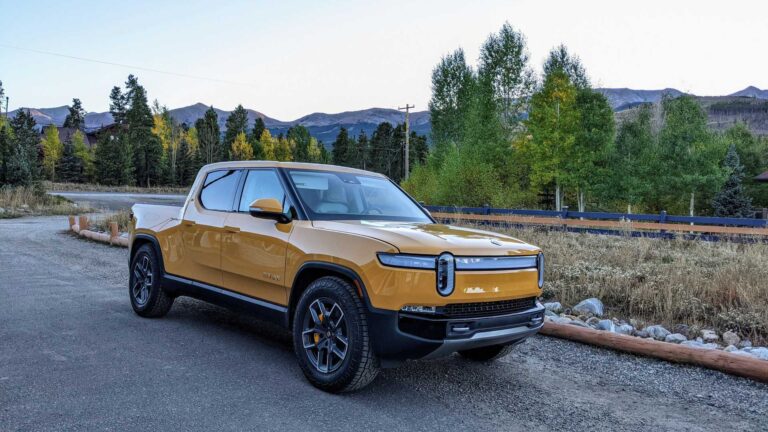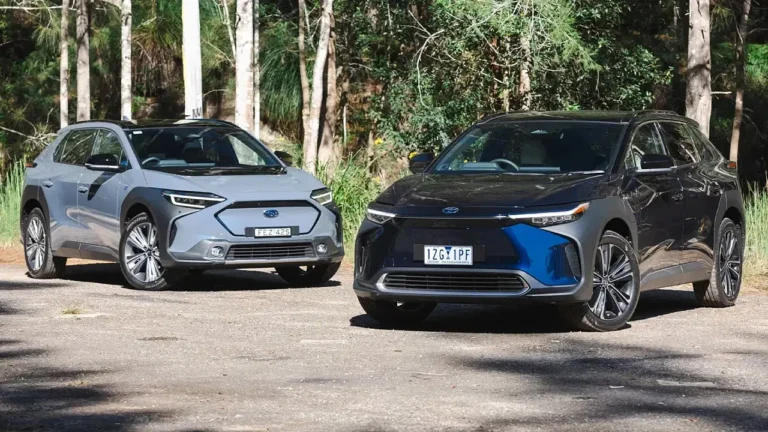Japanese automotive giant Toyota (TM) has long been at the forefront of bringing hybrid-electric vehicles into the mainstream market.
During the early 2000s, the iconic Prius emerged as a cultural touchstone, attracting individuals who weren’t necessarily car enthusiasts. Its distinctive design and fuel efficiency made it a favorite among environmentally conscious drivers, while critics saw it—along with other hybrid models—as little more than a symbol of virtue signaling.
Since then, Toyota has continued refining its hybrid technology, enhancing its efficiency and integrating it into widely popular models such as the Camry sedan.
As global emissions regulations grow increasingly stringent, Toyota isn’t just focusing on conventional vehicles. Instead, its motorsports division is playing a key role in infusing hybrid technology into high-performance models.
Toyota Prius Leads the Charge
Toyota Gazoo Racing’s Hiroyuki Yamada confirmed that upcoming Toyota sports cars will incorporate hybrid technology.
Much like BMW’s M division, Nissan’s NISMO, and Hyundai’s N division, Toyota’s Gazoo Racing serves as both a motorsports powerhouse and a manufacturer of high-performance variants of Toyota vehicles.

This elite team competes in some of the world’s most prestigious racing events, with multiple victories in the FIA World Rally Championship and the 24 Hours of Le Mans. Additionally, Toyota Gazoo Racing collaborates with the MoneyGram Haas F1 Team, offering engineering support for Formula 1 vehicles.
However, a report reveals that Gazoo Racing engineer Hiroyuki Yamada and his team have been diligently developing a cutting-edge, high-performance engine that integrates hybrid technology.
“We can use hybrid for future cars [which use this engine]. We will use it in our motorsport activities in the future, because of emissions,” Yamada told the British publication. “This technology we create will apply to both motorsport and passenger [car] engines. In the future, we want a more fuel-efficient engine [for GR cars].”
The Next-Gen Hybrid Engine
The engine in question is a turbocharged 2.0-liter, four-cylinder unit engineered to support both conventional and plug-in hybrid configurations. Yamada explained that this new engine has been designed to be more compact and lightweight, ensuring the hybrid system—including batteries and electric motor—adds minimal weight.
This groundbreaking engine made its debut earlier this year in a mid-engine prototype known as the GR Yaris M, a testbed for future innovations from Toyota’s performance division.

While Yamada and his colleagues have not disclosed further technical specifications, we suggests that the new powertrain could deliver nearly 400 horsepower when adapted for a road car.
Toyota has also hinted at reviving some of its classic sports car nameplates. In November 2024, Toyota enthusiasts closely analyzed a promotional video that appeared to subtly reference potential revivals of the MR2 and Celica, alongside updated versions of the Supra and GR86.
By December, it’s reported that Yuki Nakajima, Toyota’s Executive Vice President of Products, had officially confirmed that a new Celica is in development.
Expanding Hybrid Technology From Sports Cars to Everyday Models
Hybrid technology in high-performance vehicles is not a novel concept. Formula 1 cars, along with some of the most sought-after models from Ferrari, Lamborghini, and McLaren, all feature hybrid powertrains.
However, Toyota aims to expand this technology beyond sports cars and into everyday models like the Camry, RAV4, and Corolla. In an interview, Toyota Gazoo Racing head Bart Eelen emphasized how the company’s approach to motorsport serves as a proving ground for cutting-edge innovations.
“It goes back to Toyota’s idea of using motorsport as a test bed and as a way to develop new things,” he explained. “I think that’s something that Akio [Toyoda, the current Toyota chairman] introduced into the company. Toyota hadn’t thought that way before.”



